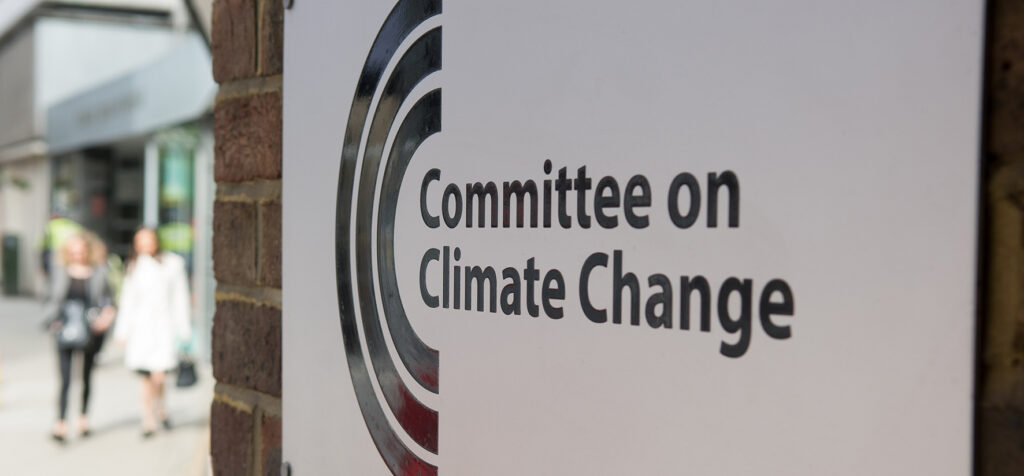The Committee on Climate Change (CCC) has once again warned the government over carrying over surplus emissions reductions to meet future budgets.
In a letter addressed to energy and clean growth minister Claire Perry last week, CCC chair Lord Deben said the body’s advice was “unequivocal” that surplus emissions reductions from the second carbon budget should not be carried forward to help meet subsequent targets.
Final figures have shown that during the second carbon budget, which covered the period 2013 – 2017, emissions fell by a total of 384MtCO2e – some 14% – below the level of the budget.
And while there has been no recent confirmation that this overperformance is to be carried over, it has been on the government’s radar.
In October 2017 the government released its long-awaited Clean Growth Strategy that sought to establish how the government intended to meets its fourth and fifth carbon budgets for the periods out to 2027 and 2032 respectively.
However measures included in the strategy did not go far enough to meet those legally-binding budgets, falling 6% and 9.7% short respectively, prompting considerable criticism from both the CCC and the BEIS Select Committee.
The government’s stated position was that these gaps could be filled by so-called ‘flexibilities’, essentially allowing the government to use over-performance from previous budget periods to make up for future under-achievements. It was also suggested that the government could seek to essentially purchase carbon emission reductions from other nations.
Staunch criticism of those suggestions seemingly had little impact as, last March, BEIS’ deputy director of clean growth and carbon budgets Olivia Haslam said that “flexibilities” in meeting forthcoming carbon budgets remained “on the table” when quizzed on the matter by Current±.
And now, just less than a year later, Lord Deben has moved to stress that such an action stood to “undermine the integrity” of the very framework of the Climate Change Act.
In his letter, he warns that surplus delivered under the second carbon budget was not a result of policy, but instead due to account changes in the EU Emissions Trading System and the “lasting effects of the recession”. In addition, Deben warned that existing carbon budgets are “already too loose” compared to the most cost-effective path for emissions reductions and carrying forward surplus emissions only stood to result in unnecessary costs further down the line.
“Reducing ambition in Carbon Budgets 3-5 by carrying forward surplus emissions would not be consistent with the Paris Agreement. It makes the existing 80% target for 2050, and any more ambitious target(s) that might be set, more difficult and expensive to meet.
“It would also make the government’s commitment to clean growth harder to deliver at a time when even greater ambition is required,” the letter states.
As the government’s progress towards the fourth and fifth carbon budgets has appeared to stall, Lord Deben has emerged as one of its fiercest critics.
In October last year the CCC warned the government that it must be more ambitious on electric vehicles to tackle stagnating emissions reductions in the transport sector, before Deben himself dismissed the government’s response to the CCC’s annual progress report on decarbonisation as “just not good enough”.
Speaking at last year’s Solar & Storage Live, organised by Current± publisher Solar Media, Deben went as far as to suggest the government needed “a kick up the backside” and suggested that he could be called as a prosecution witness should an independent body mount a legal challenge.
“It won’t be us that takes them to court, but I fear I will be first witness for the prosecution,” he said.






